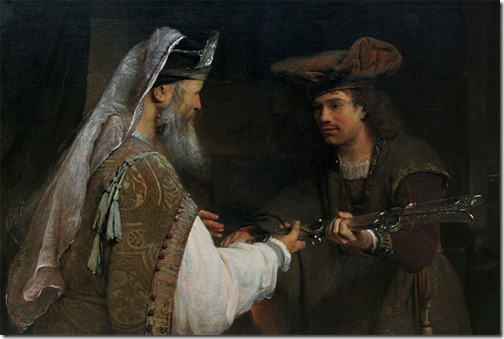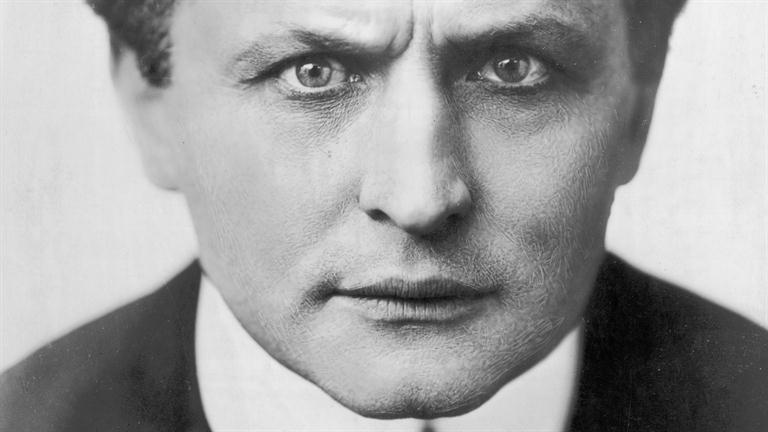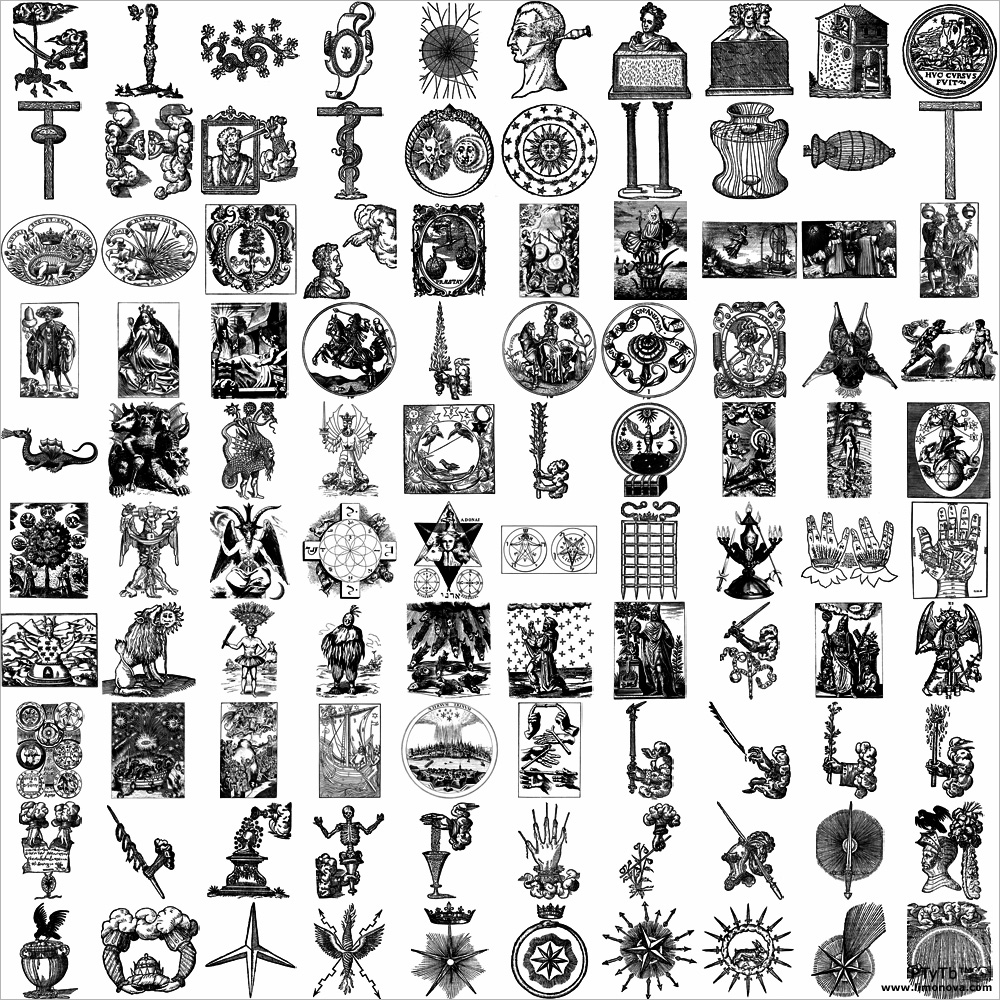I could cite divers examples; though I once thought that I had met with one of a quite opposite nature, in the person of Camille de Jourdan, the same deputy who was to have been involved in the sentence of transportation against Barthelemy and Pichegru after the revolution of the 4th of September, but who luckily escaped from the grasp of the triumvirate. I hear him speaking in the highest terms of one of these Insinuators, who had for a long time endeavoured to entice him into the order. He was much astonished at hearing me speak of these men as consummate in all the artifices of the most villanous
p. 425
hypocrisy. He maintained that his Illuminee was mild, modest, and moderate; full of respect for the Gospel, in a word, one of the most virtuous men he had ever known. In reply, I enumerated all the proceedings of the Insinuator, and the artifices he had played off before he quitted his prey. To all that Mr. Camille answered, “It is true; such was his behaviour; but it was his zeal for the sect which blinded him, and made him have recourse to such expedients in order to work what he called my conversion; yet, with all that, it was impossible for any body to speak of virtue and religion in so impressive a manner as he did without being at least an honest man.”—”Well,” said I, “I will venture to assert, that the last attempt of your Insinuator was as follows. He proposed to you to give your thoughts in writing on certain questions; you did so; your opinions proved directly opposite to his; he never saw you after, became your implacable enemy, and has never since ceased calumniating you.” “All that again,” answered Mr. Camille, “is very true; nor was it his fault that I did not lose both friends and fortune. Before that affair he used to praise me; afterwards, however, he represented me as a most dangerous man. You cannot conceive what lies he invented about me, and I was unfortunate enough to observe that they had made impression.”—Is it possible to be believed? Mr. Camille could not yet be persuaded but that his Insinuator was a virtuous man; so profound are the arts of hypocrisy which are to be imbibed from Weishaupt’s laws! I was acquainted with two bishops, who had as completely mistaken the characters of their Insinuators as Mr. Camille de Jourdan.
But I will cite the example of Mr. Stark. I never could conceive what this Mr. Stark was whom I saw perpetually abused by the Illuminees. Nicolai and Mirabeau spared no pains to render him odious to the Protestants in Germany; they said he had received the Catholic orders of priesthood privately, 35 though every thing seemed to denote that he was a Protestant. I took some pains to inform myself who this Mr. Stark was, and I found him one of the most learned Protestant ministers in Germany; that his zeal for his religion had acquired him the degree of Doctor, and had preferred him to be Grand Almoner and Counsellor to the Landgrave of Hesse Darmstadt; but that in common with several other learned men, such as Hoffman and Zimmerman, he had had the misfortune of being sought after by the Illuminees; that he would not hearken to them; that the Illuminees had expressed a wish to have an Adept near the person of the prince, and that he had been bold enough to answer his Insinuator, “If you seek support, I am too little and my prince too great to protect you.”—And every candidate who will make the same resolute stand against the agents of the order must expect to be repaid with similar calumnies. The law of the order is invariable and precise, particularly with respect to those whose talents may be obnoxious to Illuminism. They must be gained over, or ruined in the public opinion. Such is the text, so soll man den schrift steller zu gewinnen suchen, oder verschreyen. 36 But it is now time to follow the candidate who has shown himself more docile through the various preparatory degrees.

Moe is the founder of GnosticWarrior.com. He is a father, husband, author, martial arts black belt, and an expert in Gnosticism, the occult, and esotericism.

![That there was in her monastery a brother, on whom a gift of song was bestowed by Heaven [680 A.D.] | Book 4 | Chapter 24 That there was in her monastery a brother, on whom a gift of song was bestowed by Heaven [680 A.D.] | Book 4 | Chapter 24](https://www.gnosticwarrior.com/wp-content/plugins/contextual-related-posts/default.png)






